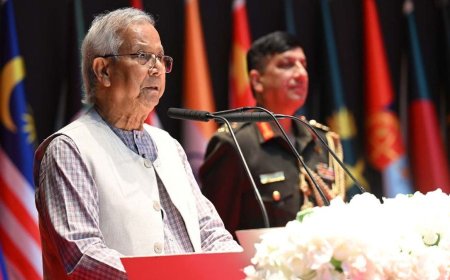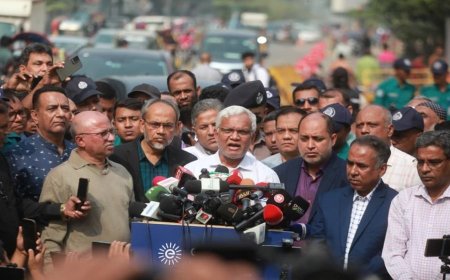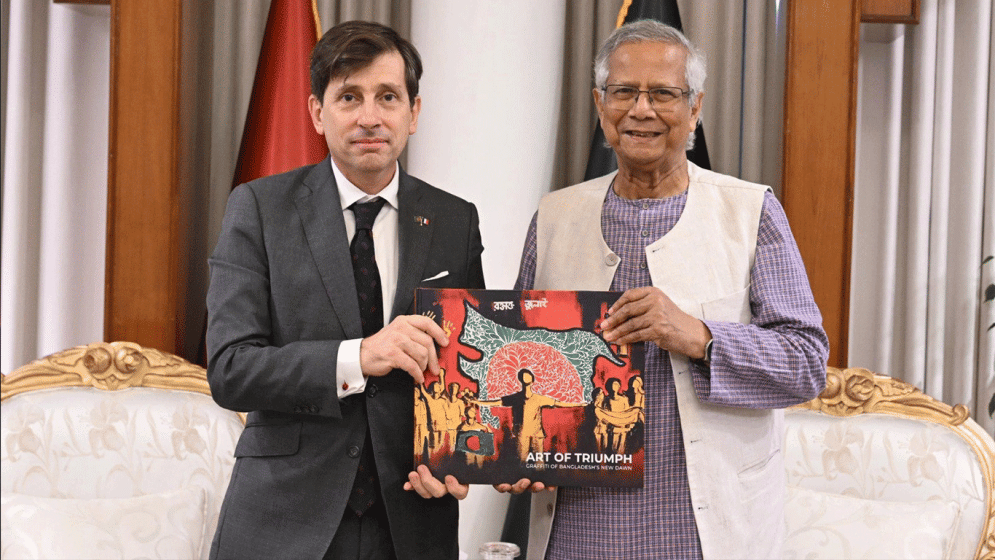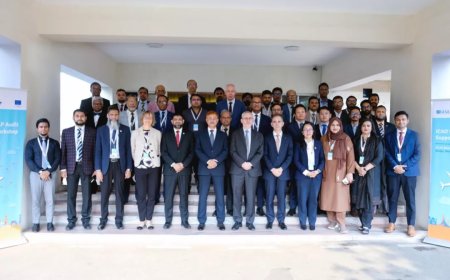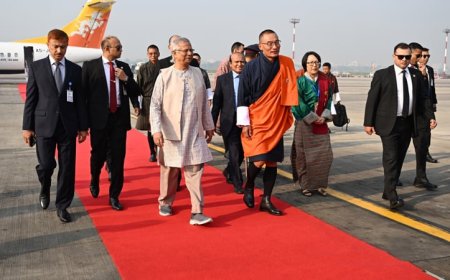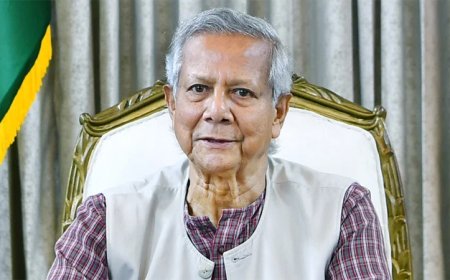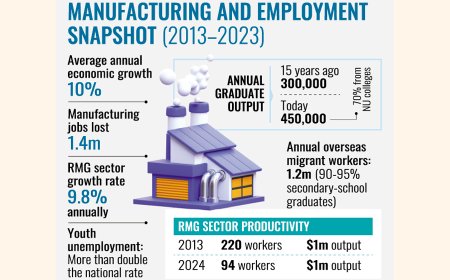Electric rickshaws are gaining traction in Bangladesh, driven by a startup founded by two Harvard graduates
Electric rickshaws are gaining traction in Bangladesh, driven by a startup founded by two Harvard graduates
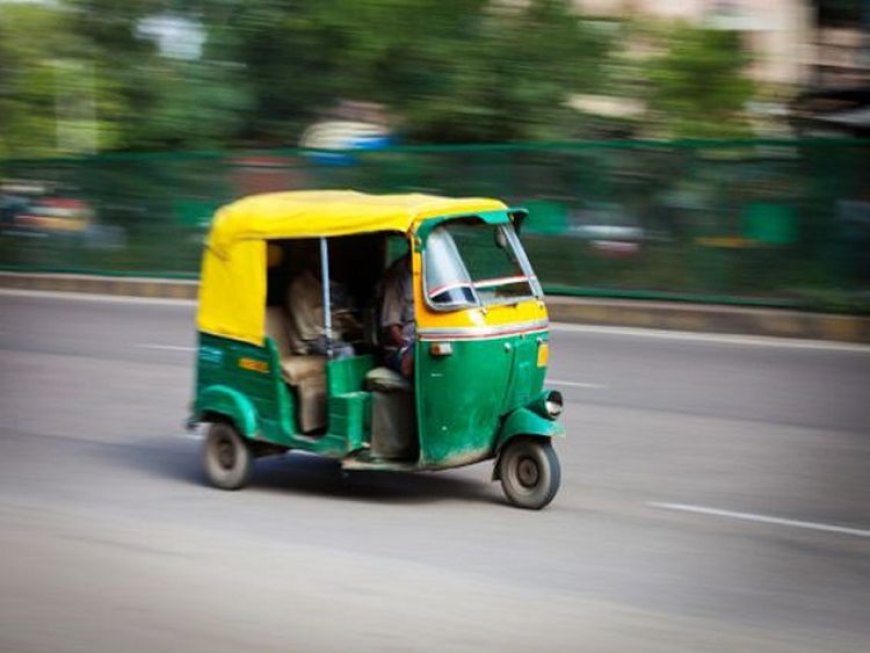
- The company was formed by chance and is striving to transform urban transportation in the most populous region in the world.
- Nicole Mao (33) and Yiwei Zhu (32), both graduates of the prestigious Harvard University in the United States, were stranded in Bangladesh during the COVID-19 pandemic. Since then, they have been working on one of the fastest-growing startups in Bangladesh for the past three years.
- The startup, Tiger New Energy, is focused on developing a network of battery-swapping stations for electric rickshaws in Bangladesh. This network is gaining popularity and is expected to reach 1,000 stations by the next year.
- The stations primarily cater to the millions of three-wheeled electric rickshaws or taxis in Bangladesh.
- Nicole Mao's family owns a battery manufacturing company in China, which motivated them to establish a similar business in Bangladesh.
- The startup imports various components from China, assembles more durable lithium batteries, and sells them to local customers.
- The initial challenge was finding drivers willing or able to spend $400 (approximately 48,000 taka) upfront for products. As a solution, Tiger New Energy introduced a battery-swapping system, which allows drivers to easily swap batteries at automated stations with voice instructions.
- The battery-swapping stations are connected to the local power grid, with some also featuring solar panels to assist in the charging process and reduce the impact of load shedding.
- The startup secured seed funding from ADB Ventures in the Philippines and Wavemaker Partners in Singapore, allowing them to set up a lithium battery factory and establish the startup’s first 100 battery-swapping stations in Chittagong, the economic hub of Bangladesh.
- Nicole Mao stated that Tiger New Energy is currently in the process of raising $30 million in funding. With this investment, they aim to expand their network to 2,000 stations by 2025 and eventually extend the initiative to Nepal and West Bengal, India, where e-bikes are also popular.
- One of the challenges facing startups in Bangladesh is the volatile political situation. Student protests ousted Prime Minister Sheikh Hasina in July-August, leading to an interim government focused on stabilizing the economy and promoting fair market practices.
- Despite these challenges, there is growing optimism in the startup ecosystem in Bangladesh, with local startups having raised nearly $1 billion in funding since 2013.
- The business management consulting firm Lightcastle Partners reported that there is a demand for mobility solutions in Bangladesh due to the growing size of the economy and urbanization trends.
- Nicole Mao noted that while it is difficult to find unmet needs in countries like China or the United States, in Bangladesh, there is always a demand for solutions that do not yet exist.
- The fee charged by Tiger New Energy for the battery-swapping service allows drivers to save time, providing them with more trips and thus increasing their income.
- Nicole Mao emphasized the growing demand for this service in Bangladesh, attributing it to the size of the economy and the influx of people moving from villages to cities in search of employment opportunities.
- Unlike India’s ‘tuk-tuks’ or Thailand’s three-wheelers, the majority of three-wheelers in Dhaka and other cities in Bangladesh are electric, reducing the need for petrol or natural gas.
- The startup also addresses issues related to battery charging time and the disposal of used lead-acid batteries, which pose health and environmental hazards.
- Nicole Mao and Yiwei Zhu’s initial plan was to visit Bangladesh for a week during their spring break in 2021. However, after arriving, their return flight to China was canceled due to a surge in COVID-19 infections, leading to a prolonged stay.
What's Your Reaction?








